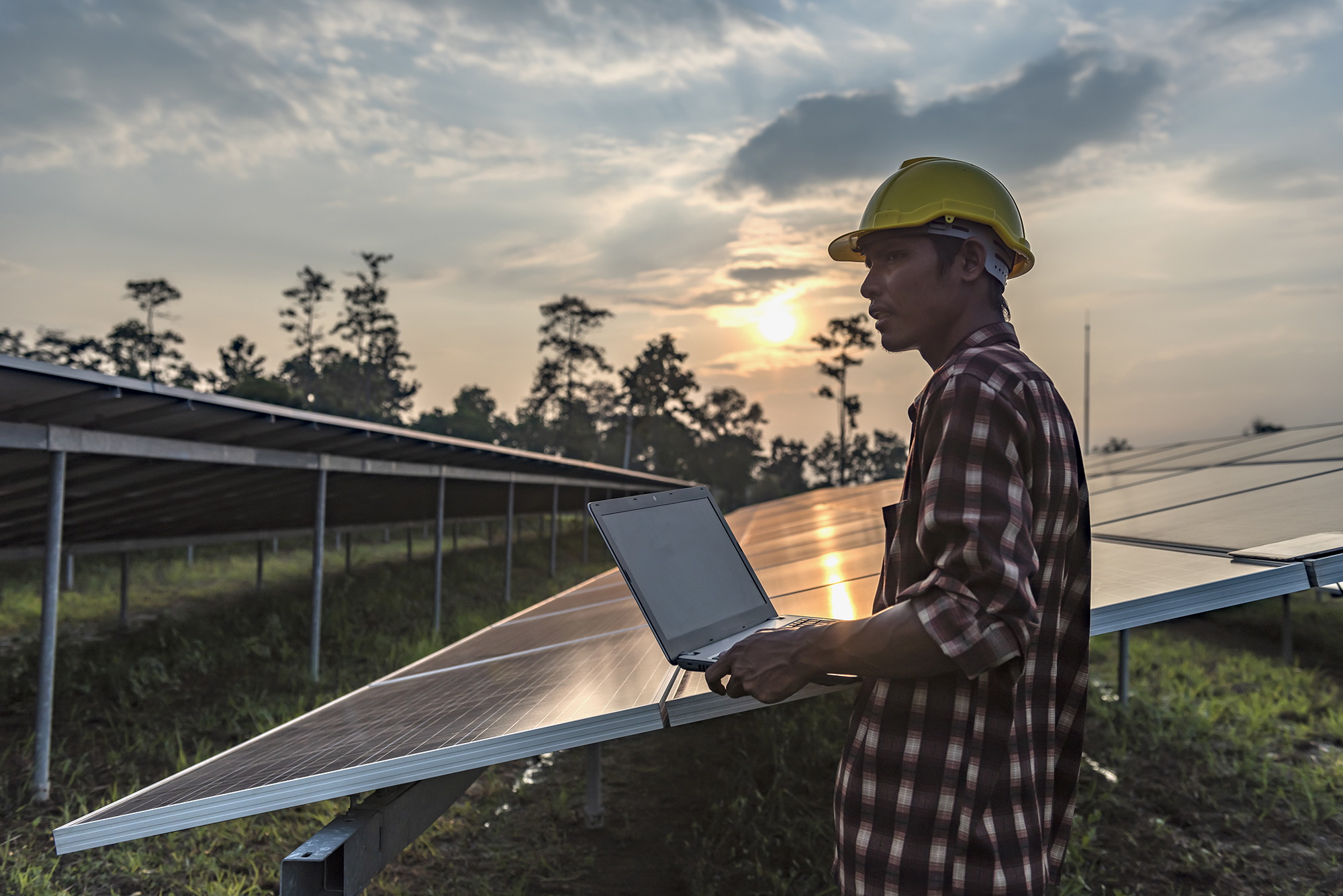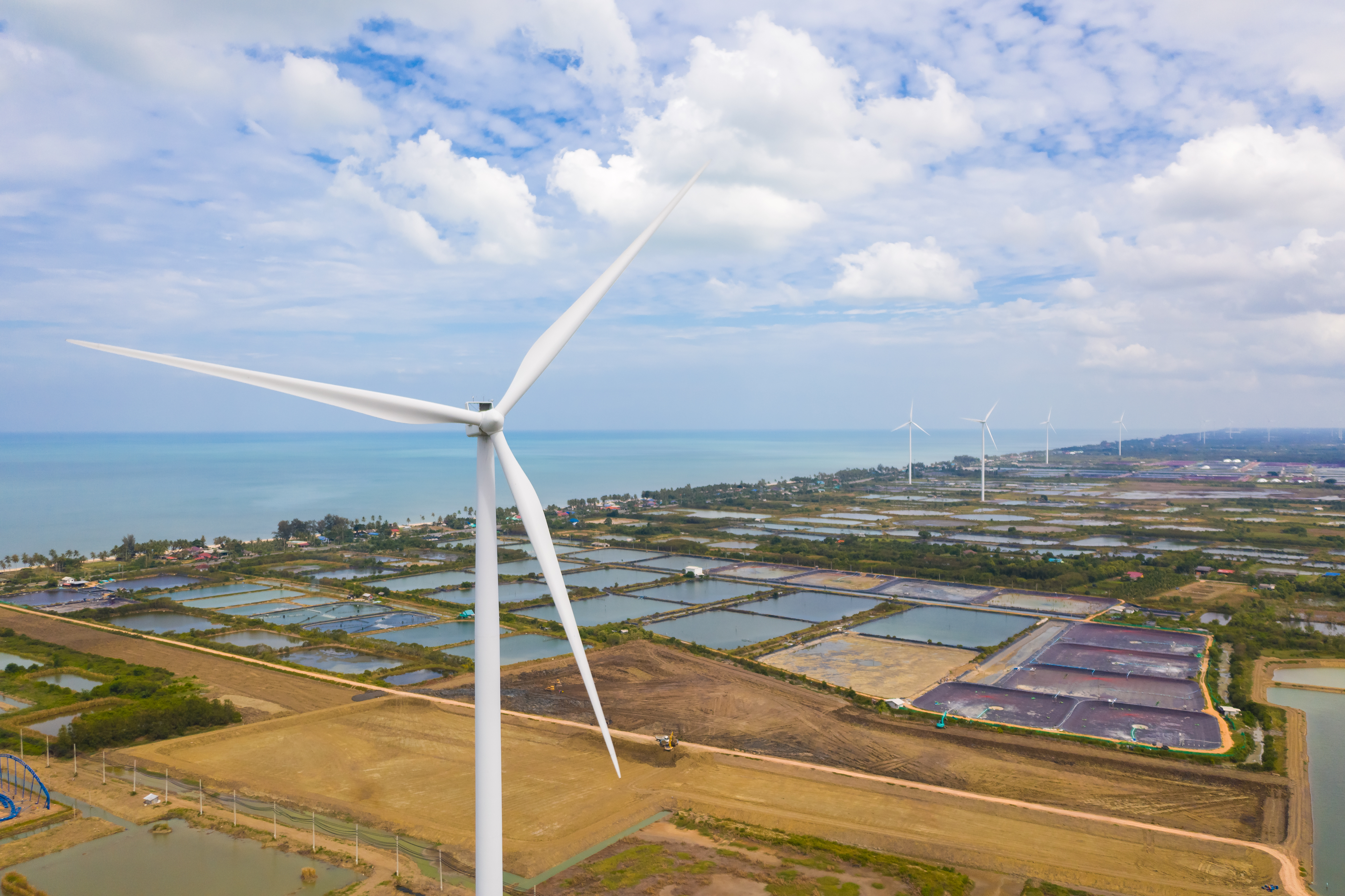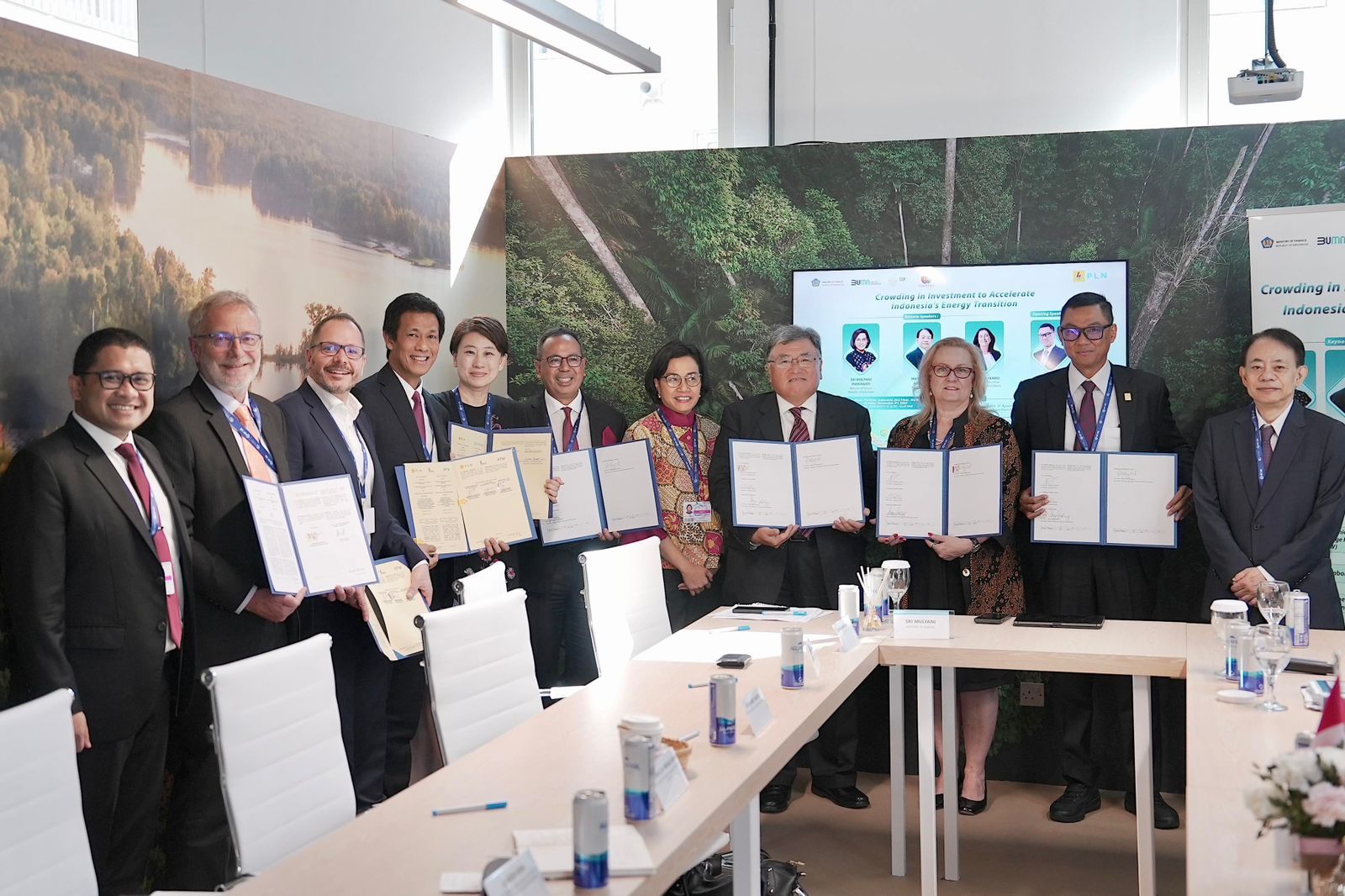
Increasing energy access services to underserved communities in LAC
The Low Carbon Energy Trust Fund for People and Planet (LCE) was established in November 2021 with a $25 million grant for the Inter-American Development Bank to implement clean energy projects in Latin America and the Caribbean (LAC).
The fund aims to increase access to affordable, reliable and modern energy services to underserved communities in LAC by expanding use of DRE services and the energy transition towards net-zero energy systems in the region.
In collaboration with IDB, IDB Invest and IDB Lab, the Trust Fund currently supports 11 active projects across 13 countries in the region and has mobilized over $290 million in additional financing for clean energy projects. The projects currently receiving funding from GEAPP are introduced below:
While Bolivia has managed to increase electricity coverage from 67% in 2005 to 94% in 2021, nearly 200,000 households still lack reliable electricity services. This impacts their access to basic services such as water, sanitation, telecommunication, adequate medical care, education and employment. That’s why the government of Bolivia requested IDB support, and $2 million in GEAPP funding will go to Bolivia’s Rural Electrification Program III. The first component of the investment grant involves using the Reference Electrification Model to identify locations of households without electricity access and estimate the least cost supply option to serve them, considering grid extension and off-grid systems. With the goal of providing electricity to more than 50,000 new households, the project will finance electrical networks with sufficient capacity to promote productive uses of electricity (PUE) and enable provision of other basic services. The program will strengthen institutional capacity to prepare and implement rural electrification projects, including through training personnel and beneficiaries, including women, to operate and maintain systems and develop PUE to increase their income.

Panama, part of the Central American electric interconnection system and Colombia, part of the Andean countries electric interconnection system, aim to design and construct an electrical transmission line to connect the two countries’ grids. This will enable numerous countries throughout the corridor to take advantage of the renewable resources across the region, resulting in fuel savings, emission reduction, and increased reliability and security of energy systems. The support for development of Panama-Colombia electric interconnection system is contributing to the pre-investment stage for designing a legal and financial business model for implementing the grid interconnection. The USD $300,000 in funding for this project will enable studies and recommendations to harmonize the project to Panama and Colombia’s regulatory framework, while advising the beneficiary company to define financial aspects to be attractive to private investors.
For Panama to diversify its energy generation sources, reduce subsidies and delivery electricity to the 93,000 families that lack access, the government has established a Universal Access Strategy. Through Support to promote solar renewable electricity generation in Panama, this technical cooperation for $250,000 will design a program for distributed solar energy generation based on the replacement of electricity subsidies, applying a gender and diversity approach, while defining procedures to use expected savings for potential energy transition projects. This grant will also propose regulations for a national solar micro-grid program to the government regulator, helping strengthen the Rural Electrification Office’s technical capacity.

With $1.5 million in funding from GEAPP, the preparation support facility for sustainable energy projects in LAC II is partially financing the due diligence and structure expenses for non-sovereign guaranteed operations financed by IDB Invest. By reducing the amount of equity that sponsors need to commit upfront before financial close, this approach can reduce the transaction costs of developing and preparing sustainable energy operations. The project aims to support at least 10 sustainable energy projects in the region to reduce GHG emissions by displacing fossil-based generation, support adoption of clean energy at utility scale to power commercial, industrial and residential clients, and support green job creation for construction and operation. The facility is currently supporting three key projects:
- Solar Microgrids in the Amazon Basin have been awarded $400,000 to help resolve legal issues and work with the public sector on 8 solar generation centers in the Peruvian Amazon. With advisory and due diligence support, this project could deliver energy in 3-5 years as opposed to the standard 10 years.
- Financial Strategies for RE Generation in Ecuador is using $500,000 to carry out feasibility and legal studies for 800MW of renewable energy. It aims to structure a guarantee mechanism for the public sector to support similar projects. A first of its kind, this project has the potential to create a multiplier effect, providing a successful example of how philanthropic capital from organizations like GEAPP can open channels between the private and public sector.
- Rural Generation – Floating Renewables in Peru provides $100,000 to an innovative Peruvian company that developed a technology to deploy mini hydropower systems on boats. With their ability to work quickly covering regions that are disconnected from electricity access, this solution could be a game-changer in remote areas of Amazonia.
Jamaica faces infrastructure challenges, high electricity prices and reliance on imported fossil fuels that make it vulnerable to climate change. With 4.2% of the population lacking access to electricity and the government aiming to generate 50% of its energy from renewables, the country will need support to reduce costs and promote clean energy. Implementation and technical support for the energy sector in Jamaica received $200,000 from the LCE to support the government by identifying opportunities to decarbonize and increase efficiency of key infrastructure services while building resiliency through policies and standards. The project aims to assess diversification and decarbonization of key infrastructure, support strategic planning for energy technology and access to electricity within vulnerable and low-income communities, and develop policy and regulatory recommendations related to electric mobility.

Mostly covered by the Amazon biome, 10% of Suriname’s population lives distributed in about 300 isolated villages which lack access to affordable and reliable services, such as water and electricity. They are mostly served with small diesel generators that are often out of service or lack regular supply of diesel. The electricity provided is also more expensive than the main grid, hampering social and economic development. Support for rural electrification with renewable energy, potable water and telecommunications in Suriname will help increase access to affordable, reliable, clean and sustainable energy, potable water and communication service for rural villages in the Amazon hinterland. With $200,000 in funding from GEAPP, the project is supporting the country to design energy-water-internet systems and promote productive use of energy. It is also establishing a financial analysis and designing a regulatory framework for rural electrification. As of March 2024, the project team had completed a pre-feasibility study to implement ten mini-grids in rural villages.

The Caribbean
The Support platform for the deployment of renewable Power Purchase Agreements in the Caribbean is supporting the legal and technical preparation for commercial and utility-scale projects. With $1 million in funding, the project aims to support the structuring phase of at least 5 projects through engineering and feasibility studies to define power purchase agreements and interconnection needs. It will provide technical support to analyze BESS compatibility with local regulations to ensure long-term sustainability of the projects. Currently, this technical cooperation is working with local utilities in Belize, Jamaica and the Bahamas to establish robust PPAs for local developers and understand lessons learned to provide standardization for similar countries.
With $300,000 in GEAPP funding, Accelerating the implementation of renewable energies in Latin America will diagnose needs, identify projects and provide analytical support for the Renewables in Latin America and the Caribbean (RELAC) initiative. By financing national workshops in each RELAC member country, members will identify main issues, bottlenecks and barriers to deploy renewable energy and bring together leaders of relevant electricity sector institutions to prioritize key action. This LCE project also works to develop methodologies, procedures and long-term modeling of RELAC goals to track progress and accelerate renewable energy implementation.
Although the electrification rate in El Salvador has increased from 91.6% to 97.8% between 2010 and 2020, disparities remain between rural and urban electrification rates. About 82% of the population without access to electricity is located in widely dispersed rural areas. With $300,000 from GEAPP’s fund, the Support for the preparation of the Universal Access Program in El Salvador will help expand access to electricity through grid extension, individual PV solar systems and hybrid mini-grids. Working with the hydroelectric commission for the Lempa River, the new energy distribution company, the technical cooperation will help strengthen the planning and management capacity of CEL to operate and maintain rural electrification projects. The project will carry out assessments to prepare for the investment loan that will implement the Universal Access Program and support the regulatory agency in defining the subsidies, tariffs and service regulations to enable the program.

Regional
Across the region, countries need support to deliver electricity access to the remaining segments of the population who still lack access. The Regional Platform to Scale up Rural Electrification Investment received $1,050,000 to help formulate country specific universal access plans. Panama, Peru, Paraguay and Suriname have all finished their draft plans, with Suriname preparing a consultancy to establish its regulatory framework and tariffs. Developing a tool based on a georeferenced information platform, the plans will identify the best combination of grid extension solutions, mini-grid, or individual systems to deliver energy. The project will also create a toolkit to support analytical work that will serve as a knowledge repository and support sector and policy dialogues.
Enabling private sector investments in sustainable energy access projects in Haiti remains a major challenge. That’s why the LCE is deploying $2.5 million in GEAPP funding for Development of sustainable energy access projects in Haiti with private sector participation. This project is providing loans to mini-grid developers with awarded concession contracts under the two existing energy access programs in partnership with IDB and the World Bank – RFP1 and PHARES. These loans will complement private co-financing required in concession contracts. It can also finance private investments to implement small scale pilot projects, such as stand-alone solar systems to increase access to electricity for welfare gains – which could be household consumption or to power PUE and DRE technology such as mesh-grids. Despite a challenging political situation, through this investment grant, Haiti has been able to sign several concession contracts so mini grids can be implemented.



